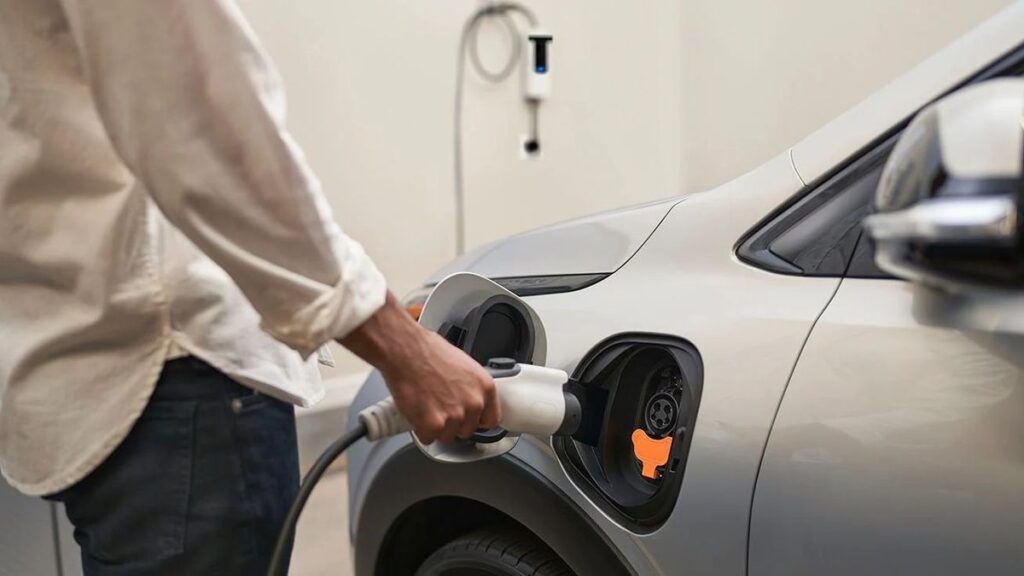Ford Motor Company, one of the world’s largest and most respected automakers, has recently been in the headlines for its significant losses in the electric vehicle (EV) market. According to a recent report by Bloomberg, Ford has lost around $12 billion on its EV program since it began, and the company has yet to turn a profit in this sector. The news has left many industry experts and consumers wondering why Ford is struggling in the EV market and what the future holds for the company. Ford’s Electric Vehicle
One of the main reasons behind Ford’s losses is its slow adoption of EV technology. While competitors such as Tesla and General Motors were quick to invest in EVs, Ford was initially hesitant to fully embrace this new technology. This meant that by the time Ford did start developing EVs, it was already playing catch-up to its rivals. In addition, Ford’s initial EV models, such as the Focus Electric and the C-Max Energi, failed to capture the attention of consumers due to their limited range and high price tags.

Another factor contributing to Ford’s losses in the EV market is its heavy reliance on traditional gas powered vehicles. While the company has invested heavily in EVs over the past few years, it still generates the majority of its revenue from its gas-powered trucks and SUVs. This means that any losses in the EV sector have a significant impact on Ford’s overall financial performance.
However, despite these challenges, Ford is still committed to the EV market. The company has announced plans to invest $22 billion in EV technology over the next few years, to have 40% of its global sales come from EVs by 2030. To achieve this goal, Ford is developing new EV models, such as the Mustang Mach-E and the F-150 Lightning, which it hopes will be more appealing to consumers than its earlier offerings.
One advantage that Ford has over its competitors is its vast dealer network. Unlike Tesla, which sells its cars directly to consumers, Ford has a large network of dealerships that can help educate and incentivize customers to switch to EVs. The company has also announced plans to work with utility companies to develop charging infrastructure, which is a critical component of the EV market.

While Ford’s Electric Vehicle losses in the EV market are significant, they do not necessarily indicate that the company is doomed to fail in this sector. With its extensive resources and commitment to the EV
market, Ford has the potential to become a major player in the years to come. However, to
achieve this, the company must continue investing in new technologies and develop EV models
that can compete with its rivals. By doing so, Ford can position itself as a leader in the transition
to a more sustainable and environmentally friendly transportation industry.





